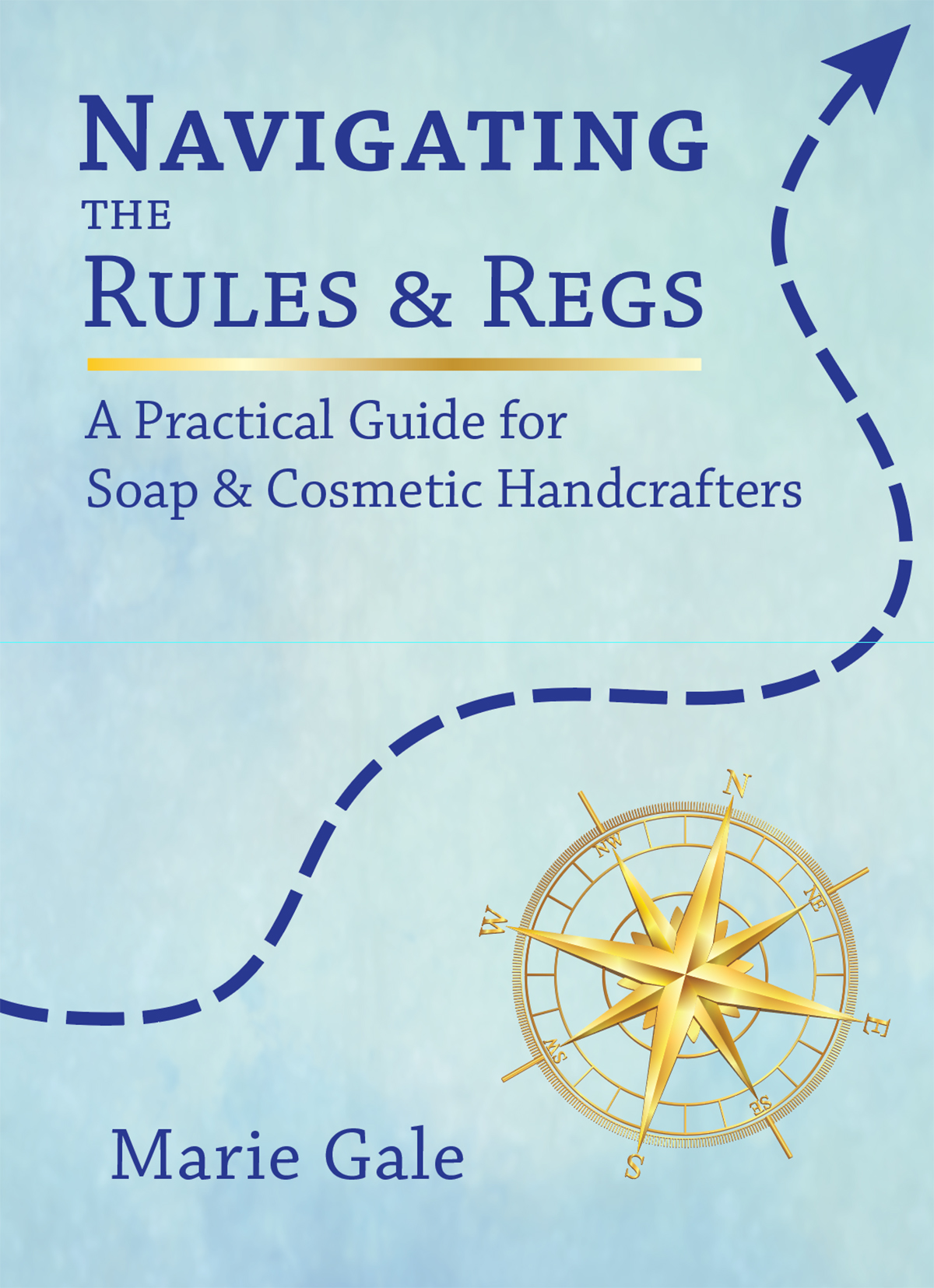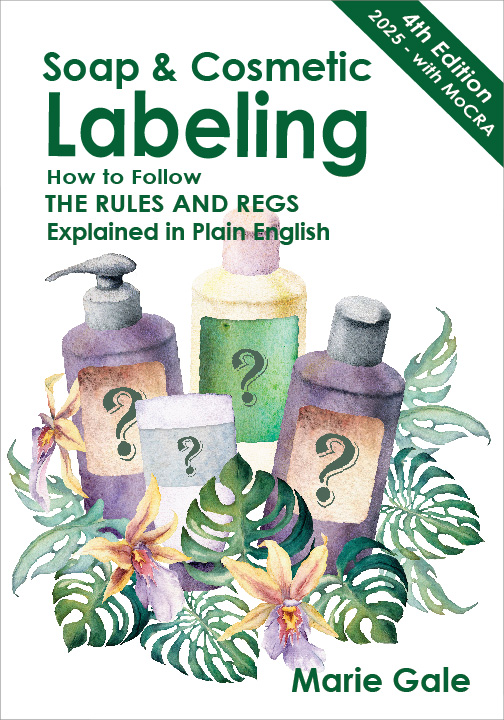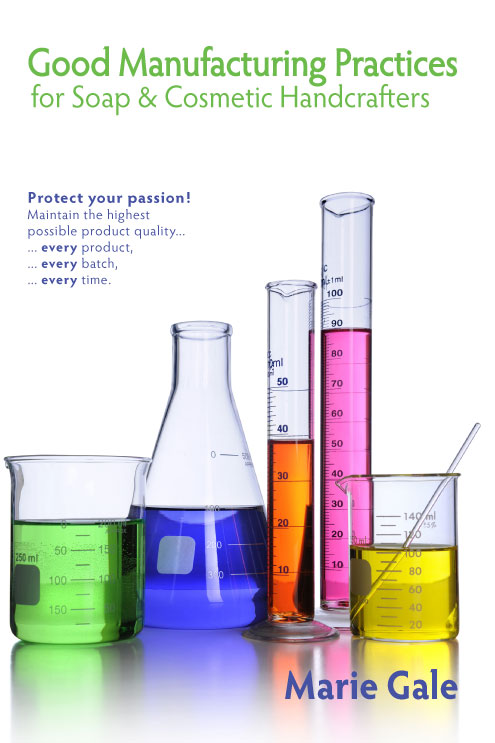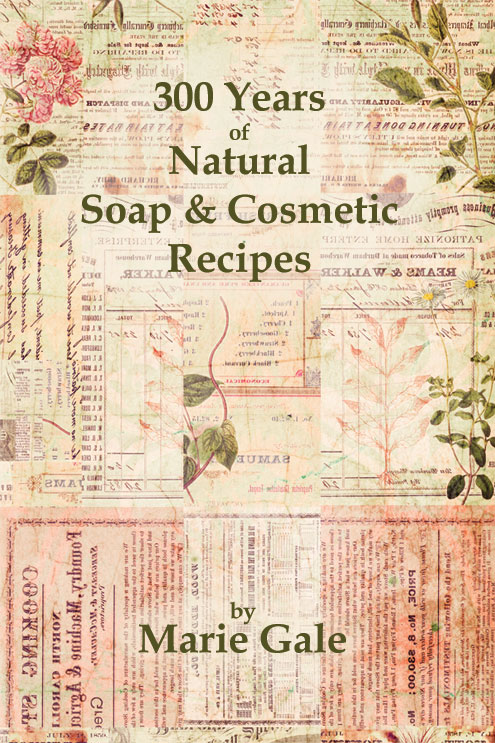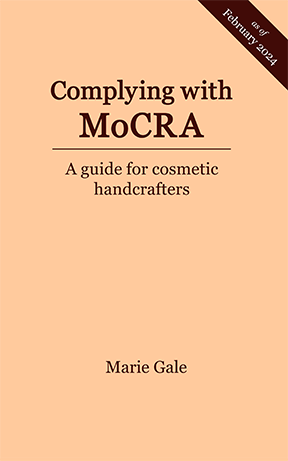
Hi, I’m Marie Gale.
For over 15 years I’ve been researching and following the world of laws, regulations, standards and guidelines for the handcrafted soap and cosmetic industry. What started as a personal quest to understand soap and cosmetic labeling for my own products has grown into a deep understanding of the myriad of requirements that handcrafted soap and cosmetics makers are subject to.
My personal passion to assist others to understand and follow the labeling and other requirements grew out of all that research. If I had my way, no handcrafter would ever experience the stress and heartache of unwittingly running afoul of the the laws and regulations.
There is peace of mind in knowing that you are compliant with the applicable regulations. I’m here to help you achieve that stress-free relationship with your products and your business.
Whether you know it or not, you’ve been an invaluable resource for me throughout our years in business as I’ve relied on your many books whenever I have questions. I’ve recently purchased “Navigating the Rules & Regulations” and am going through it with tabs & a highlighter and am learning more than I ever expected. — Julia
Latest blog articles
-
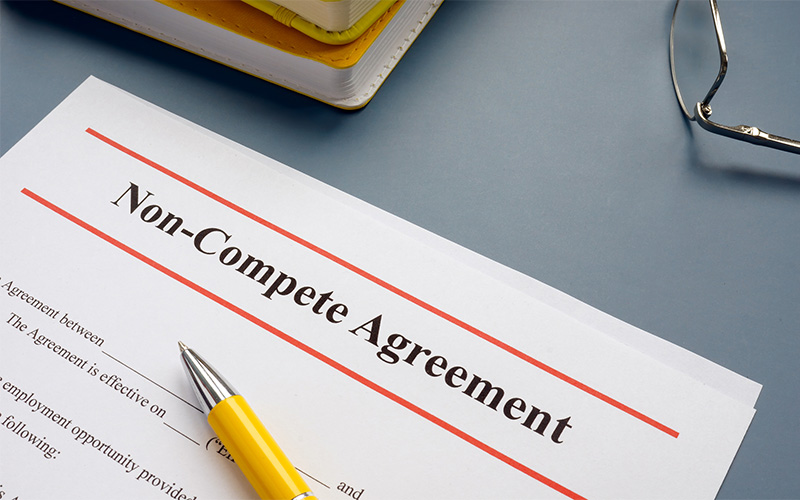
Elimination of Non-Compete Agreements
The FTC just announced that they are proposing a Non-Compete Clause Rule. Under the proposed rule, employers would be completely banned from entering into a non-compete agreement with any type of worker.
-

Ringing in 2023
As we ring in the New Year, it’s a time for reflection and resolutions to make the next year even better than the last. Shouldn’t be too hard, right?
-
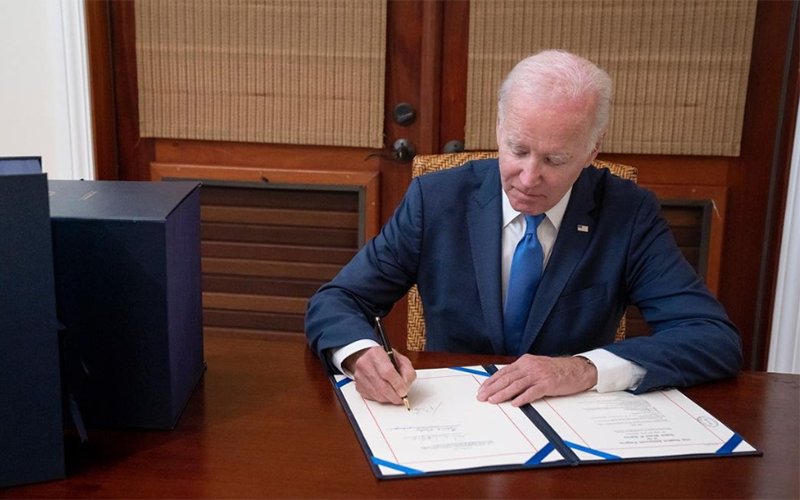
Cosmetic Legislation Passed (MoCRA)
On December 23, 2022, President Joe Biden signed the 4,500 page Omnibus Spending Bill. It includes the “Modernization of Cosmetics Regulation Act of 2022” which updates the cosmetic law for the first time in over 50 years.
-

GMP – How Bad Can It Get?
Dollar Tree, Inc. and its subsidiary Family Dollar Distribution, Inc. recently received a letter from the FDA about violations in their distribution facility. How bad can GMP get? Pretty amazingly disgusting!
-
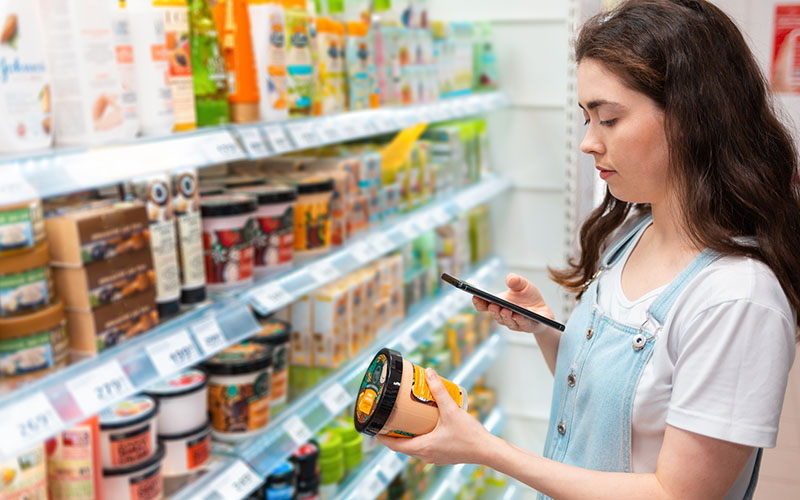
Don’t Be a Copycat
I recently went looking online for a few product pictures to use as good examples of product labels. What I found were lots of bad examples.
-
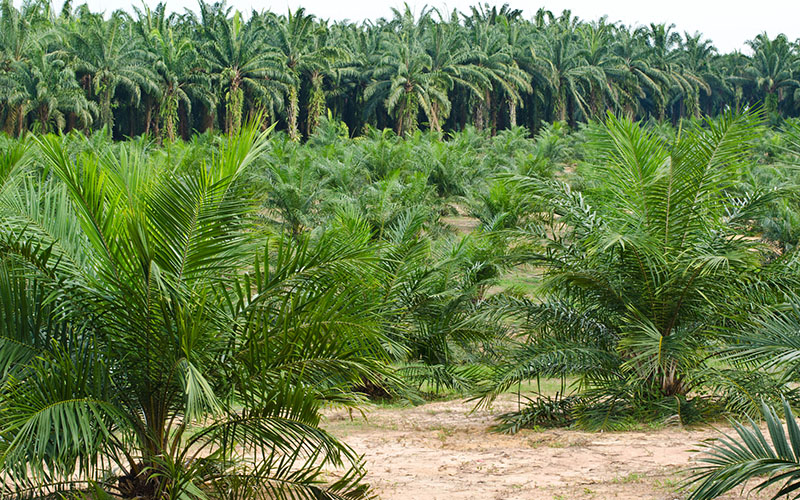
Deforestation-Free Products (EU)
The EU has just agreed on a new law to prohibit products linked to deforestation to be imported into or sold in the EU. That includes products containing palm or palm kernel oil or cocoa butter that is not sustainably sourced.
-
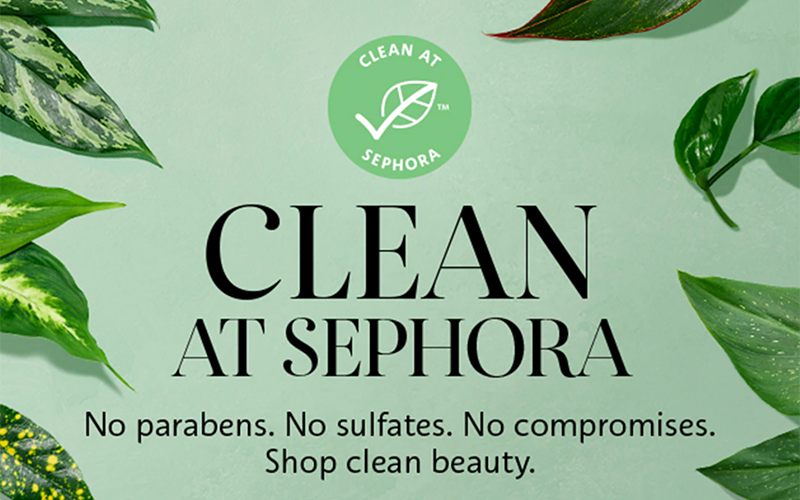
Class Action Suit Against Sephora
Yet another class action lawsuit has been filed in New York. This one alleges that Sephora’s claims of “clean” were fraudulent and deceptive.
-
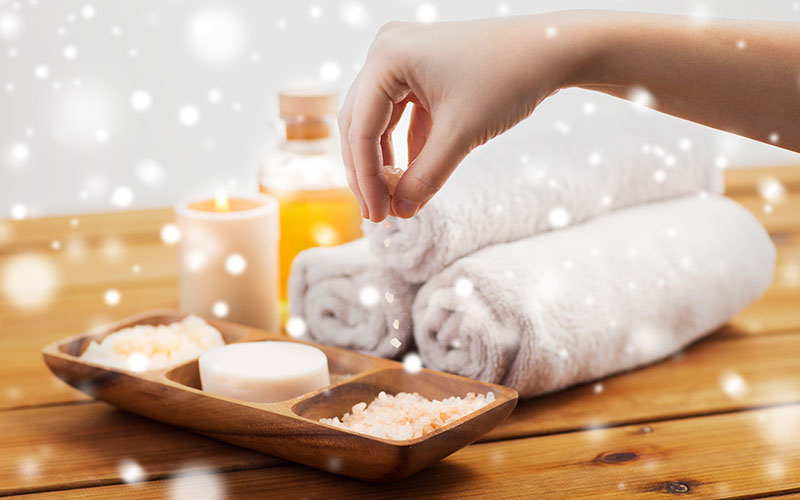
Using the Lipstick Effect
Inflation is up. Sales are down. Yet consumers are buying lipstick. How can you take advantage?
-
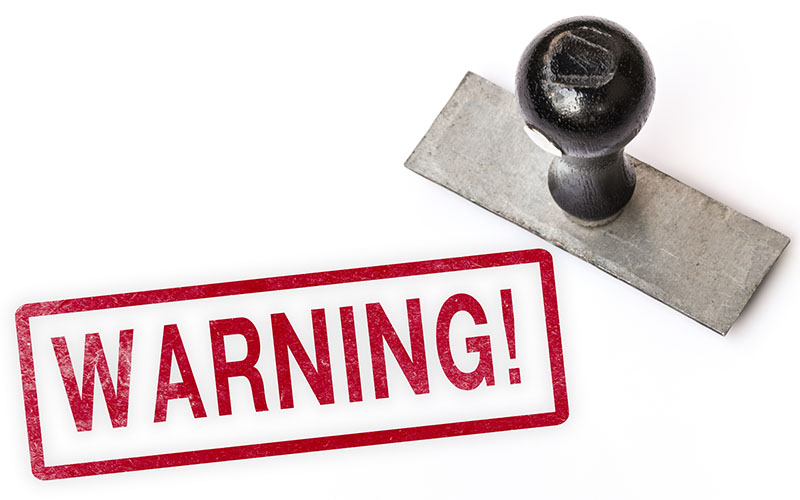
Cosmetic Warning Statements
Some cosmetic products must have specific warning statements on the label: bubble bath, yoni products, products containing alhpa or beta hydroxy acids, and some others.
-

Simple Labeling Checklist
It can seem like labeling is complicated. Use this checklist to see if you need to dig a little deeper to get it right … or if your label is okay as is.
-
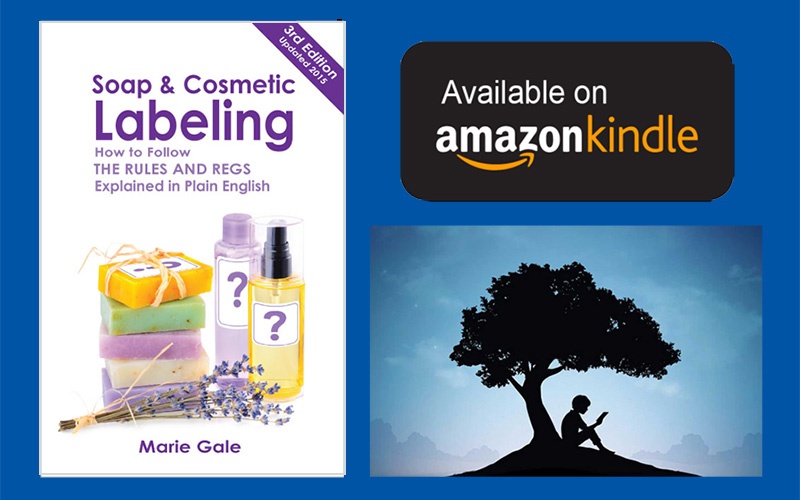
Soap & Cosmetic Labeling – on KINDLE!
Soap and Cosmetic Labeling: How to Follow the Rules and Regs Explained in Plain English is now available as a digital eBook from Amazon.com!
-

They Do It…Why Can’t I?
“Wait! What! This other company does it, why can’t I??” Just because someone else is (wrongly) doing it, doesn’t mean that you can.
MORE RESOURCES
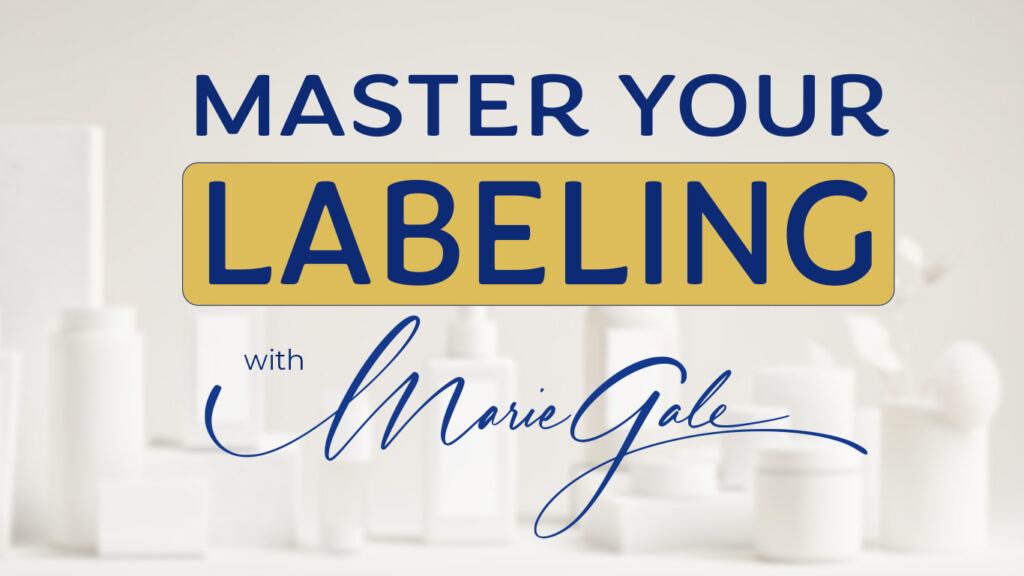
Membership
$37 per month
Affordable and easily accessible ongoing support through courses, coaching, regularly scheduled Zoom Q + A sessions, a private Facebook group, and more. You don’t just learn what the rules are—you learn how to apply them to your business and get help when and how you need it.
Label Review
$125 per label
If you want another set of (experienced) eyes on your label to make sure it meets all the requirements, a label review is a good choice. A label review checks your label against the pertinent regulations. You get a checklist showing if corrections are needed (or not), along with documentation to help you understand the requirements. Label reviews take about a week. Once your review is complete, you can send me the revised label and I’ll take a look to make sure everything is in order.
I wanted my labels to be as close to compliant as I could get them. I took advantage of your label review service and can’t thank you enough for your expert advice. It was money well spent! — N.M.
Consulting
$100 – $150 per hour
Consulting is the tailor-made solution to address whatever your concerns are with your labeling, GMP, MoCRA compliance, safety substantiation, and the like. Consulting can be as simple as just answering the questions you have by email, phone or online meeting, or it can cover reviewing all your labels, ingredient declarations, website copy, safety substantiation documentation, and good manufacturing practices. It’s your call – I’m here to help with what you need.
I speak on behalf of the entire team that we are all very appreciative of your work in helping us grow our brand. It is a big step for us, and you have been instrumental in making that a reality. Thank you for your help. — D.C..
Books
